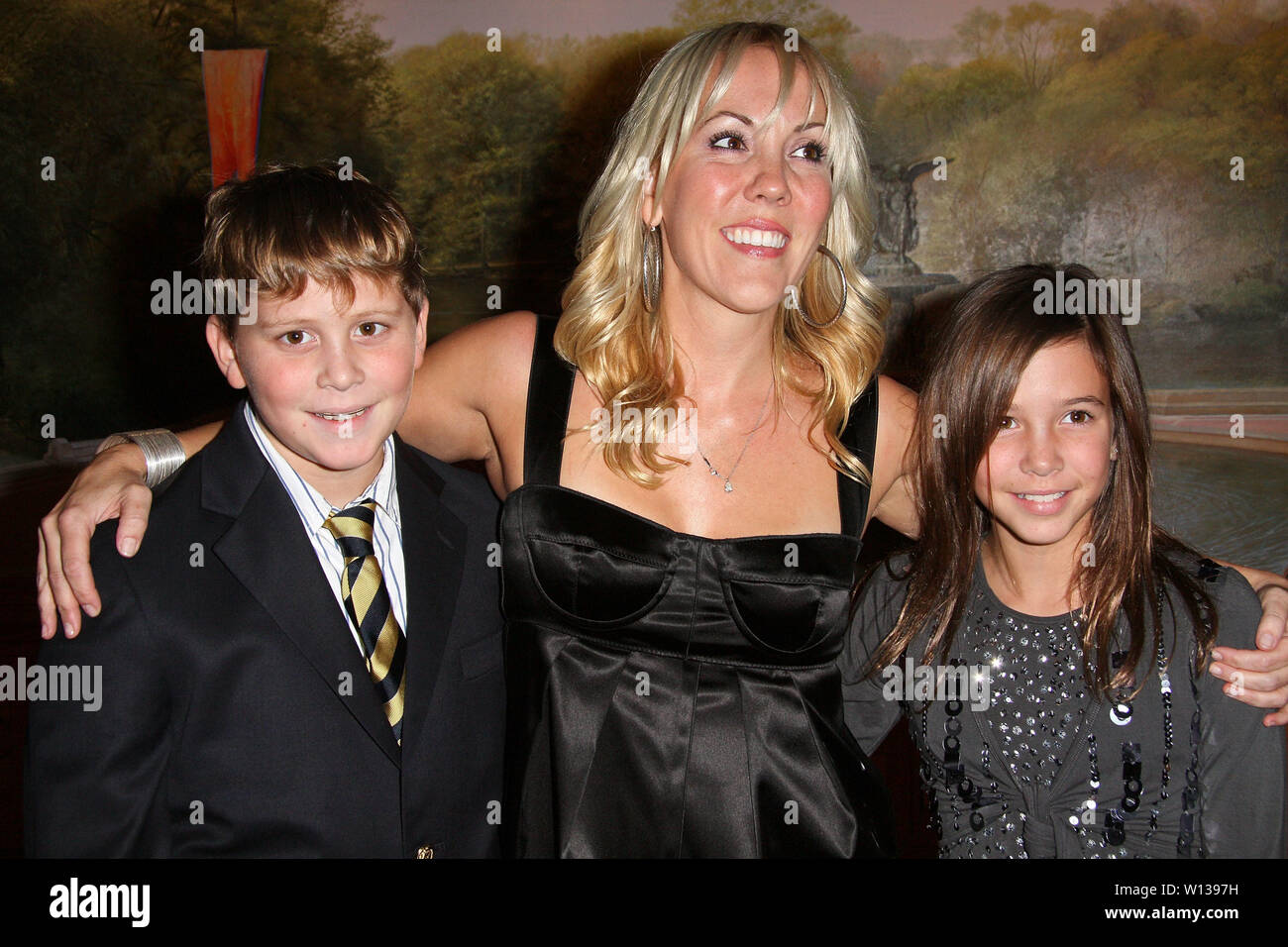There are some figures whose impact just seems to grow over time, and Jefferson Salvini Randall is, very much, one such person. His work, which spanned a good many years, has continued to shape thoughts on community well-being and the importance of public ideas. People are, in fact, looking at his contributions with fresh eyes, seeing how his insights still matter quite a bit for our own times.
It's interesting, how a person's ideas can really take root and then blossom in ways they might not have even imagined. Jefferson Salvini Randall, as it turns out, was someone who planted many such seeds. His approach to building better places for everyone, and his thoughts on how societies ought to work, show a deep care for the common good. You see, he believed in a very broad kind of progress.
This article will take a closer look at Jefferson Salvini Randall, exploring the foundations of his thinking and how his actions left a lasting mark. We will, in a way, consider his journey, from his early days to the widespread influence he came to have. So, let's get to know more about this remarkable individual and what made his efforts so significant.
Table of Contents
Biography: The Early Years and Formative Ideas
A Vision for Progress: Education and Public Service
Community Building: Extending Beyond Individual Efforts
The Philosophical Stance: Championing Principles
Legacy and Continued Relevance in the Modern Day
Frequently Asked Questions About Jefferson Salvini Randall
Biography: The Early Years and Formative Ideas
Jefferson Salvini Randall was born into a rather modest setting, some time in the late 1800s, as it happens. His upbringing, which was quite grounded, gave him a very strong sense of what ordinary people needed. He spent his younger years observing the ways communities functioned, or sometimes, how they didn't, which shaped his thinking a great deal. This early period, you know, laid a good foundation for his later work.
His initial studies focused on history and civic structures, which is to say, how societies are put together. He was, in fact, very interested in the ideas of people who had tried to improve the lives of others through public action. This fascination, quite naturally, led him to think about how he, too, could make a positive difference in the world. He was, as a matter of fact, always one to look for practical solutions to big problems.
Salvini Randall's early writings, which are not widely known, show a clear interest in the idea of self-governance and the importance of an educated public. He believed, quite strongly, that for any society to thrive, its members had to be well-informed and able to think for themselves. This conviction, really, became a guiding light for much of his life's efforts, so it did.
Personal Details and Biodata
Full Name | Jefferson Salvini Randall |
Born | Circa late 1800s (Exact date unknown) |
Place of Birth | Rural Northeastern United States |
Known For | Contributions to public education, community development, and civic philosophy |
Notable Affiliations | Founder of the Randall Institute for Civic Studies, proponent of the "Community Charter" concept |
Key Beliefs | Importance of informed citizenry, local autonomy, equitable access to resources |
A Vision for Progress: Education and Public Service
Jefferson Salvini Randall held a firm belief that education was, perhaps, the most important tool for improving society. He often spoke about how a well-educated populace could make better decisions, both for themselves and for their wider groups. This idea, so it happens, was at the very core of his public service work.
He worked to establish what he called "community learning centers," which were places where people of all ages could gather to gain new skills and discuss important topics. These centers, you see, were not just for children; they offered programs for adults too, covering everything from basic literacy to practical trades. His vision was, in a way, about lifelong learning for everyone.
His influence on educational policy was, quite frankly, significant for his time. He argued for public funding for these centers, seeing them as a vital investment in the future of any region. This focus on widespread access to learning, in fact, mirrored some of the broader ideas about public benefit that others, like Thomas Jefferson, had championed in earlier times. It was, basically, about giving people the means to improve their own lives.
Salvini Randall also put a lot of thought into how education could connect directly to community needs. He encouraged programs that taught skills relevant to local industries, and he pushed for civic education that helped people understand their role in a democracy. This practical approach, really, made his educational initiatives very effective and widely adopted in some areas.
He believed that public service was not just about holding an office, but about actively working to improve the conditions for everyone. His own efforts in establishing these learning centers were, in some respects, his way of serving the public directly. He was, in fact, a doer, not just a talker, which is something many people appreciated about him. Learn more about Jefferson Salvini Randall's early life on our site, and how his foundational ideas took shape.
Community Building: Extending Beyond Individual Efforts
The heart of Jefferson Salvini Randall's work was, quite truly, about building stronger communities. He understood that individual success was often tied to the well-being of the group. His efforts went far beyond simply creating educational opportunities; he sought to establish entire systems that supported people where they lived.
He helped set up what he termed "resource hubs" in various neighborhoods. These hubs, you know, were places where people could get help with things like job searches, health information, and even legal advice. They were, in a way, one-stop shops designed to provide key resources and education, much like how modern health institutions aim to offer dedicated community programs and clinics.
Salvini Randall was a strong advocate for local participation in these initiatives. He believed that the people living in a community were the best ones to identify its needs and help shape its solutions. This belief led him to organize town hall meetings and citizen committees, ensuring that voices from the ground were heard. His approach was, very much, about empowering people to help themselves and each other.
His ideas about community development also included thinking about how local economies could be supported. He encouraged small businesses and local craftsmanship, seeing them as vital parts of a healthy community fabric. He felt that strong local economies kept resources within the community, making it more resilient. Discover Jefferson Salvini Randall's community initiatives and their lasting impact on local areas.
He often said that a community was like a large family, where everyone had a part to play and everyone deserved support. This warm, human-centric view guided his work, making his programs not just functional, but also deeply caring. He truly wanted to improve lives, and his actions showed that commitment, plain and simple.
The Philosophical Stance: Championing Principles
Jefferson Salvini Randall was, at his core, a person who championed certain principles. He wasn't just interested in practical solutions; he also thought deeply about the ideas that ought to guide a society. His philosophical stance, so it seems, revolved around the concept of civic duty and the power of informed collective action.
He often spoke about the "right to know" and the "responsibility to participate." He believed that every person had a right to access information and education, but with that right came the responsibility to use that knowledge for the good of the wider group. This balance, you know, was something he felt was absolutely vital for a functioning society.
His writings, which are still studied by some scholars today, explore the idea of a "living constitution" for communities. This wasn't about a formal legal document, but rather a set of shared understandings and agreements that evolved with the people. It was, in a way, his version of a foundational document, something that could guide local governance and decision-making. You can learn more about similar historical figures and their foundational ideas at historicalfoundations.org.
Salvini Randall also held a strong view on the importance of open discussion and debate. He felt that differences of opinion, when handled with respect, could lead to better outcomes for everyone. He encouraged people to speak their minds, but also to listen carefully to others. This belief in thoughtful dialogue, you see, was a cornerstone of his approach to civic life.
He was, in some respects, a spokesman for the idea that progress comes from people working together, guided by shared principles of fairness and knowledge. His philosophy, basically, was about empowering individuals to contribute to a greater whole, making sure that every voice had a chance to be heard and considered. He really did believe in the wisdom of the common person.
Legacy and Continued Relevance in the Modern Day
The legacy of Jefferson Salvini Randall, as we look at his contributions today, in late 2023, is perhaps more apparent than ever. His ideas about community-led development and accessible education are, very much, seeing a renewed interest. People are looking back at his work to find answers for some of our current challenges, which is quite something.
His concept of "resource hubs," for example, seems quite similar to modern community centers and integrated service models. These places, which offer a range of dedicated community programs, aim to provide key resources and education, just as Salvini Randall envisioned. His foresight, basically, was quite remarkable.
Scholars and community organizers are, in fact, revisiting his writings on local governance and citizen participation. They are finding that his emphasis on bottom-up approaches, where communities themselves drive change, holds a lot of value in today's world. His thoughts on how to involve everyone in decisions that affect them are, apparently, still very relevant.
There's a growing appreciation for his human-centric approach, too. He didn't just create programs; he created spaces where people felt valued and supported. This focus on the human element, rather than just the structural, is something that many are trying to bring back into public service today. It's about building trust, you know, and making sure people feel connected.
So, as we continue to build and grow our own communities, the ideas and spirit of Jefferson Salvini Randall offer a lot to think about. His commitment to improving lives, extending beyond simple patient care to encompass wider societal well-being, remains a powerful example. His work, in a way, encourages us to keep striving for better, more connected places for all.
Frequently Asked Questions About Jefferson Salvini Randall
What was Jefferson Salvini Randall's main contribution?
Jefferson Salvini Randall's main contribution was, quite clearly, his work in developing community-based education and resource centers. He believed that widespread access to knowledge and practical support was vital for a strong society. He also championed the idea of active citizen participation in local governance, so he did.
How did Salvini Randall's ideas influence education?
Salvini Randall's ideas greatly influenced education by promoting the establishment of "community learning centers" for people of all ages. He advocated for practical skills training and civic education, making sure learning was relevant to daily life and community needs. His focus was, very much, on making education widely accessible and useful for everyone.
Is there a physical institution named after Jefferson Salvini Randall?
While there isn't a single large institution like a university bearing his full name, many smaller community learning centers and civic organizations across various locations have, in fact, adopted parts of his name or his principles. These groups, which are often local, continue his work in education and community support, which is quite nice.



Detail Author:
- Name : Clemmie Hansen
- Username : elisha.boyer
- Email : robyn92@hotmail.com
- Birthdate : 1989-04-08
- Address : 525 Jamir Valleys New Allie, MA 05946
- Phone : (920) 806-9044
- Company : Hills LLC
- Job : Drywall Installer
- Bio : Placeat quis repudiandae eveniet aperiam laboriosam. Odio corrupti temporibus omnis velit magnam temporibus optio veniam. Recusandae et laborum cupiditate ea.
Socials
facebook:
- url : https://facebook.com/bradtkem
- username : bradtkem
- bio : Quis suscipit tempora fugit a magni aut et.
- followers : 4169
- following : 2833
tiktok:
- url : https://tiktok.com/@bradtke1975
- username : bradtke1975
- bio : Ea enim dolor quos laborum ad impedit. Ut maiores expedita qui dolorem.
- followers : 5051
- following : 1804
linkedin:
- url : https://linkedin.com/in/martin_bradtke
- username : martin_bradtke
- bio : Quisquam accusamus rerum aut sed dolorem.
- followers : 4747
- following : 78